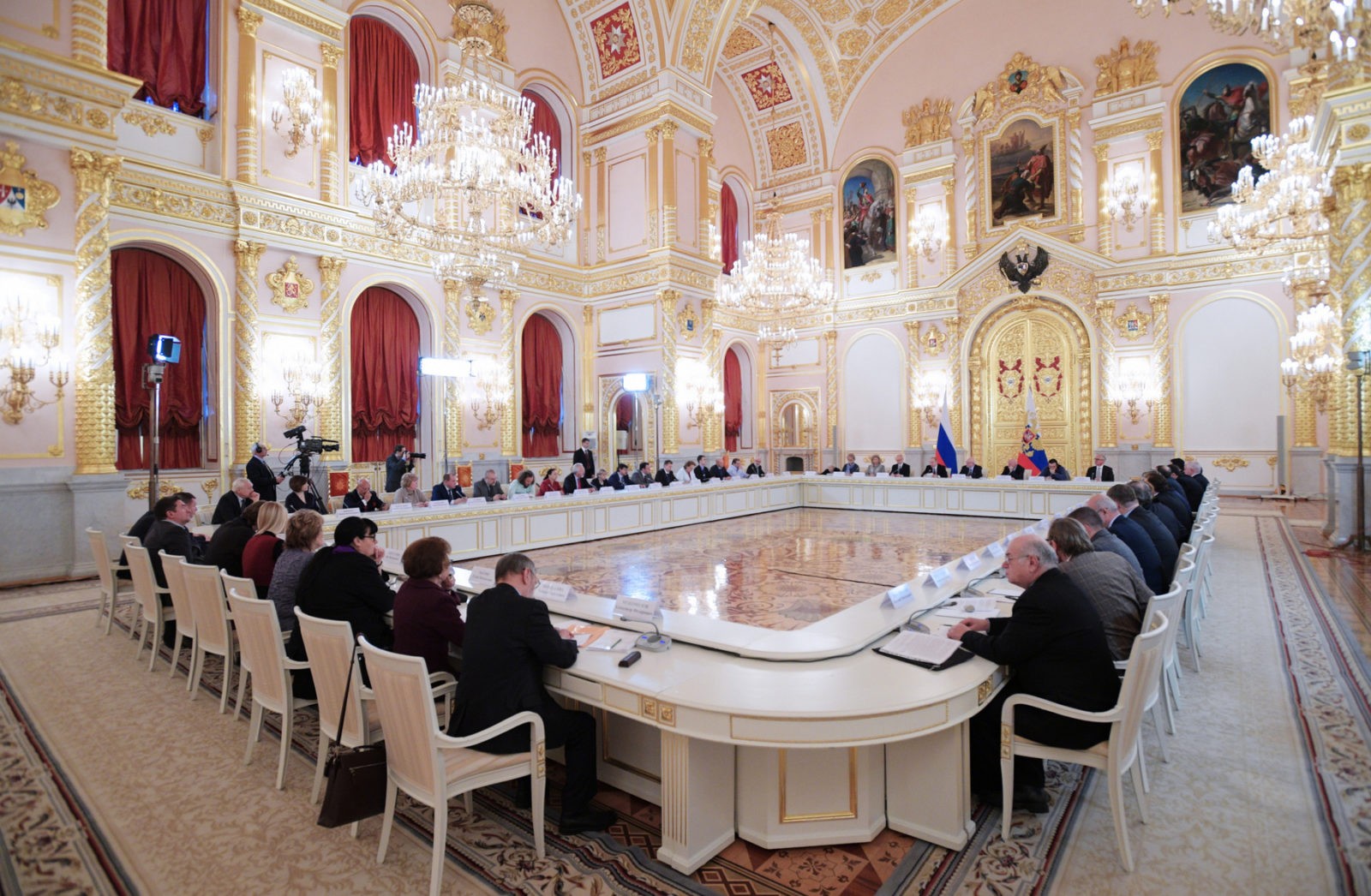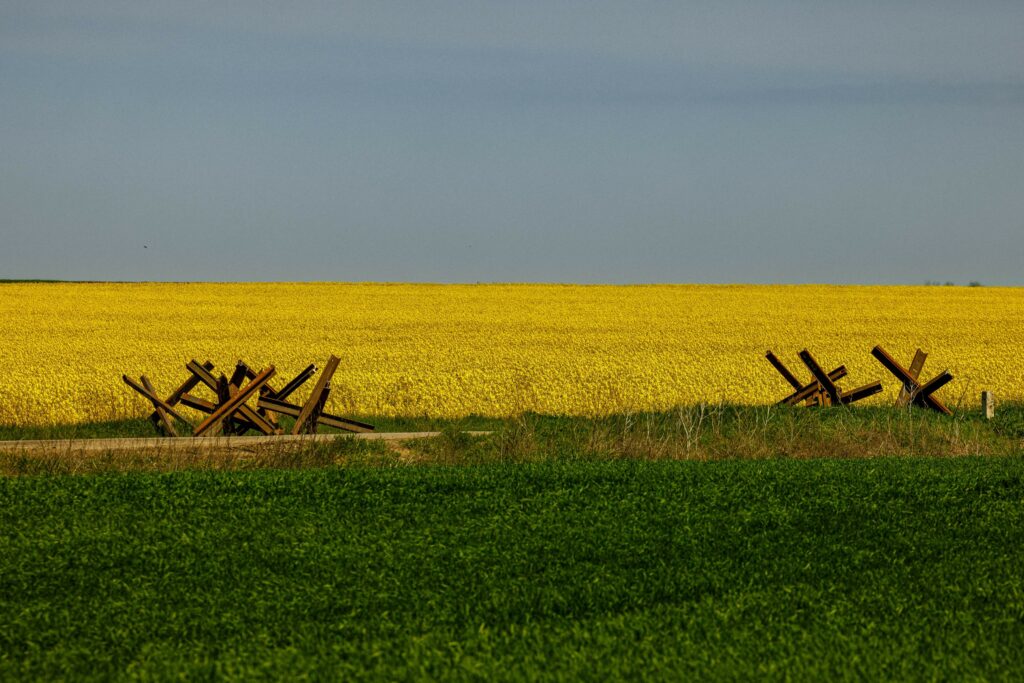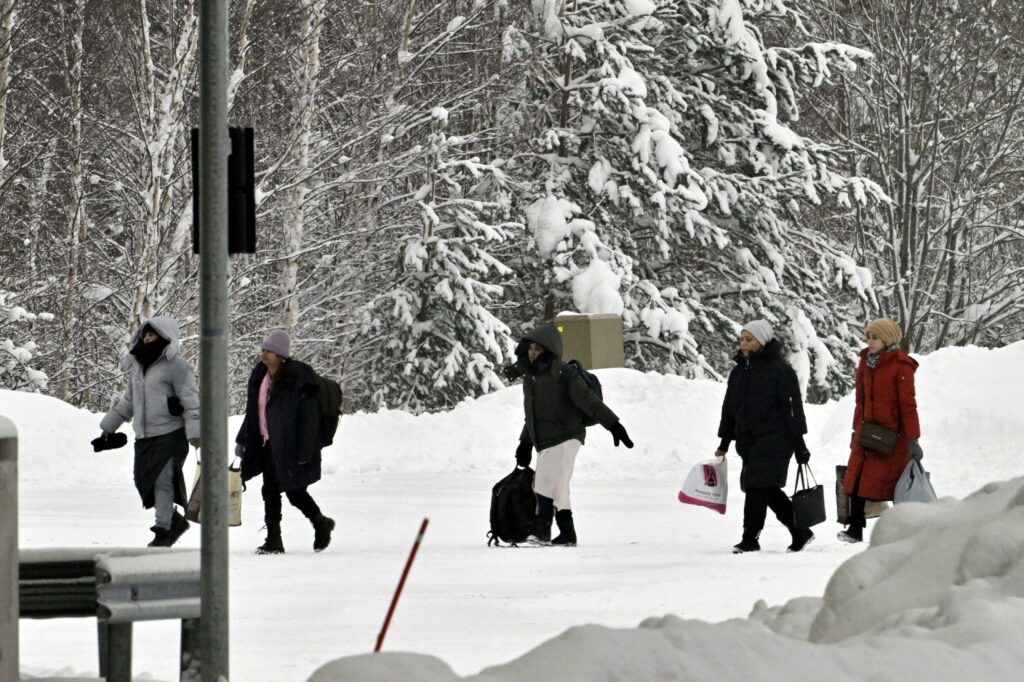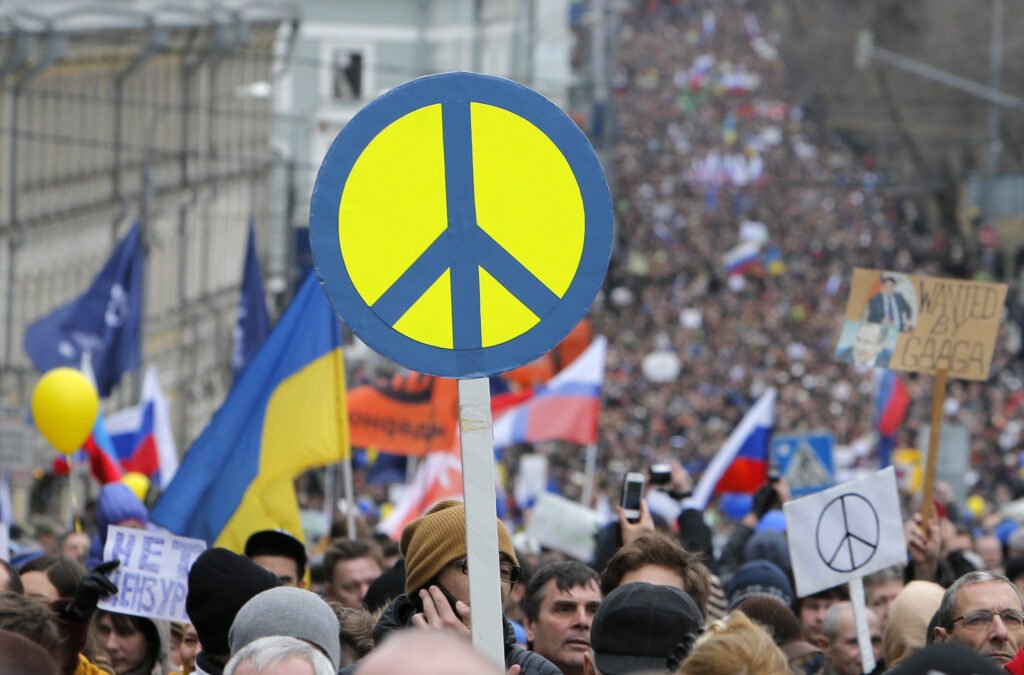The recent pension reform process has once again highlighted the weaknesses of Russian civil society. Public outrage did not elicit major concessions from the government. Nor did it compel the authorities into a much of dialogue — either on pensions or any other social grievances.
On the surface, the situation may seem paradoxical. According to official data, the Russian authorities support and cooperate with civil society. Every year, the president meets with the Presidential Council for Civil Society and Human Rights. He grants an audience to human rights defenders. Initiatives promoting civil society and socially-oriented NGOs are launched in every region. Presidential grants are available to NGOs. As are grants from the Ministry of Economic Development and Trade of the Russian Federation. An increasing amount of funds is earmarked for social impact every year. For example, four presidential tenders were held in 2016. As a result, 1,626 organisations received financial help to the tune of over 4.5 billion roubles. The Union of Russian Pensioners — which selected 31 of these projects — was one organisation that oversaw the tender process. The individual grants themselves ranged from 800 thousand to 8 million roubles in value. In 2017, the fund for presidential grants increased reaching 7 billion roubles. 1,551 organisations received grants totalling 3.15 billion roubles in the first tender in 2018. Among the projects funded as part of the second tender in 2017, many focused on the development of civil society institutions (151 projects). These included projects for promoting cooperation between the authorities and civil society; increasing the effectiveness of NGOs; supporting civic initiatives and developing civic oversight.
Still, the raising of the retirement age showed how NGOs, in reality, has little say when it comes to government decisions. The Federation of Independent Trade Unions of Russia took part in the tripartite commission on social and labour relations alongside the government. It quietly expressed its disapproval of the reform, but did nothing more. The Pensioners’ Party supported the governmental initiative. This was despite nearly 90% of the population opposing the reform.
Only a few tried to do something. For example, the Confederation of Labour of Russia collected signatures of those against the reform. Why has civil society proved to be so helpless? Especially on a hot button social issue, and an area that has benefitted from increased state funding?
Let us first turn to the Federal Law on Non-profit Organisations. The law has been amended several times by the State Duma in the last decade. Three new categories split NGOs into isolated segments. First, the category of ‘foreign agent’ was introduced. Later, the notion of ‘socially-oriented NGOs’ and, in 2016, the notion of ‘socially beneficial NGOs’.
The status of a foreign agent is legally ascribed to an organisation which receives financial aid from abroad. And, one ‘which operates, in particular, in accordance with the interests of foreign sources, in political activities’. This turned these organisations into dangerous ‘others.’ Both in the eyes of the remaining NGOs — and in the eyes of society at large.
At the same time, a variety of legislative terminology permeates discourse. Namely, that of a ‘socially-oriented NGO’ (SO NGO) which juxtaposes with a foreign agent or any other NGO engaged in political activity. According to the literal interpretation of the law, an SO NGO is an organisation which satisfies social needs. Such NGOs are mainly represented by organisations dealing with healthcare issues, social services and social support offered to citizens. For example, centres for people with disabilities, the socialisation of vulnerable groups, etc. There are also organisations concerned with motherhood and childhood or the historical memory. SO NGOs also enact projects in the fields of culture, science, arts or youth activities.
One of the main prerequisites for entry into this privileged group is abstinence. That is, from taking a view on the activities of the authorities.
Federal grants are earmarked for this category of organisation. Decisions about the allocation of funds are made by the federal authorities. As a consequence, the central government has a strong if indirect bearing over the nature and purpose of much of the sector. It is easy to deduce which issues desired civil society organisations represent by glancing at the causes listed by grant beneficiaries. For example, it is applicants who deal with protection of labour rights, rights in the field of housing and utilities services or property rights as well as many centres providing legal information which receive financial support for the most part in the area of ‘protection of the rights and freedoms of the individual and citizens’. Initiatives to uphold personal and political rights are not among the listed beneficiaries.
Other organisations which do not follow the government’s vision of a civic initiative do not have a means of survival. Domestic patronage is not developed. Support from abroad is fraught with serious administrative consequences.
Vladimir Putin has narrowed down the notion of civil society’s meaning to one thing: socially-oriented NGOs. Other organisations struggle for survival in the public sphere.This is exemplified by the president’s statement at the meeting of the Presidential Council for Civil Society and Human Rights (October 1, 2015): ‘NGOs from 78 regions of the Russian Federation have already received grants following three tenders, including NGOs proposing new forms of activities. Let me remind you that since 2015, the list of areas of activities the grants are applicable to includes the protection of labour rights, support for gifted children and youths, assistance for persons with physical disabilities and pensioners. It is noteworthy that the role of socially-oriented organisations, the so-called third sector, is growing globally. Russia is no exception. Today, more than 670,000 people work for NGOs. And, taking into account current social demand, this is far from the peak’.
The President’s position is mirrored at all levels of governance, including local government. Only socially-oriented NGOs are included in municipal programmes for the development of civil society implemented by local government. All other NGOs are excluded.
In 2016, a peculiar, new notion of ‘socially beneficial’ NGOs appeared in the law and so, also in presidential discourse. According to the law, this category includes ‘socially-oriented organisations which have delivered socially beneficial services of adequate quality for at least a year and are not considered non-profit organisations performing the function of a foreign agent and which do not have fiscal arrears’.
The notion of ‘socially beneficial organisations’ also contains many nuances. Since this particular type of NGOs is socially beneficial, organisations engaged in other forms of activity not socially-oriented are regarded as not socially beneficial. This excludes political activity.
Putin juxtaposed of these two notions during the meeting of the Presidential Council for Civil Society and Human Rights in December 2016: ‘Look, an organisation recognised as a foreign agent is involved in political activity financed from abroad. This does not at all mean that it delivers socially beneficial services since it is involved in politics. Whether this decision can be undermined, is a different story, but whether it is a foreign agent or not, is debatable’.
This legal and discursive categorisation of the third sector is fraught with consequences. The idea that NGOs are companies where the authorities outsource tasks related to social services and leisure activities is well-entrenched in the public opinion. So, it is only natural that most Russian NGOs avoid influencing decisions made by the elite. By this logic, communication between NGOs and the authorities boils down to the citation of instructions. These emanate from above. In turn, NGOs report on work undertaken. Neither debate nor participation in political decision-making is needed or wanted.









